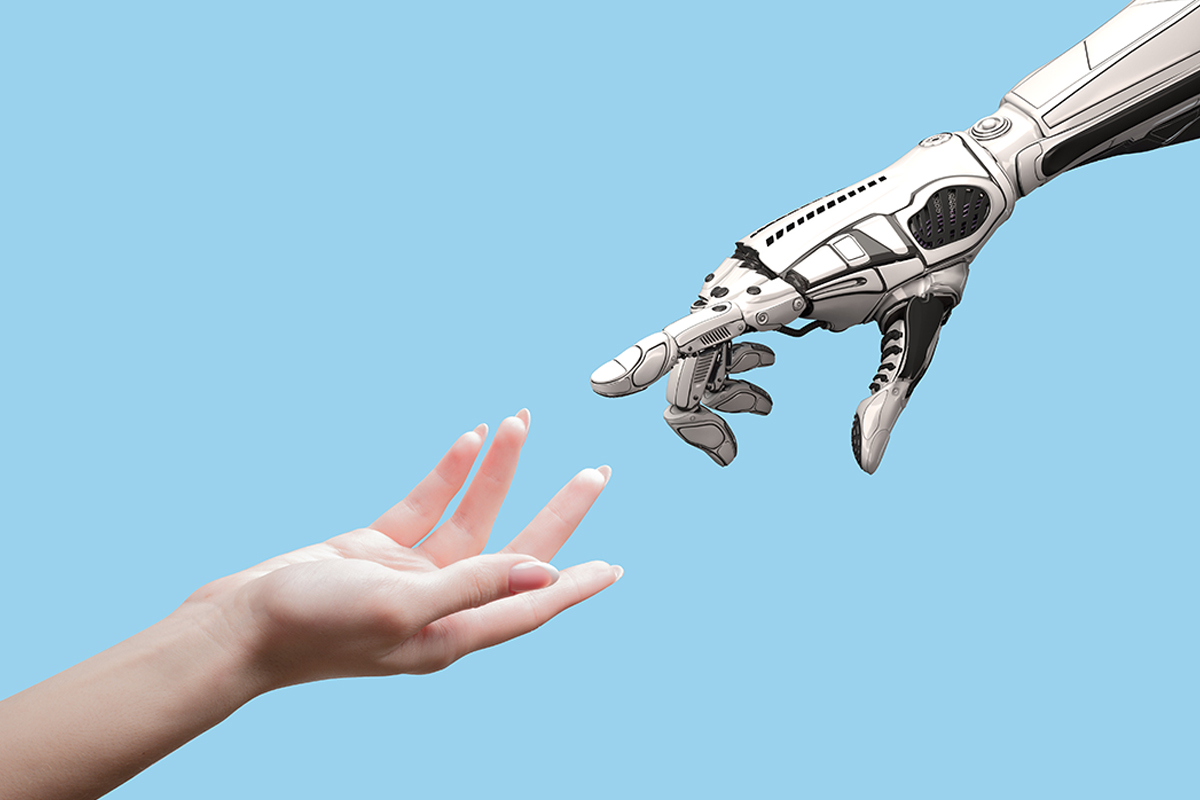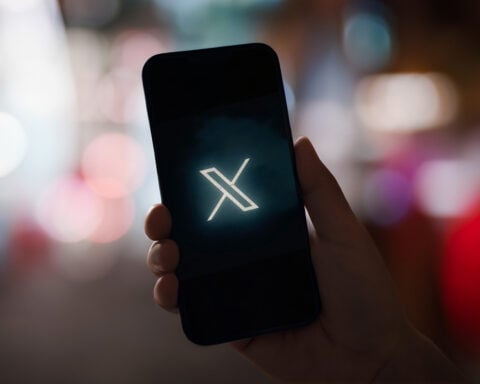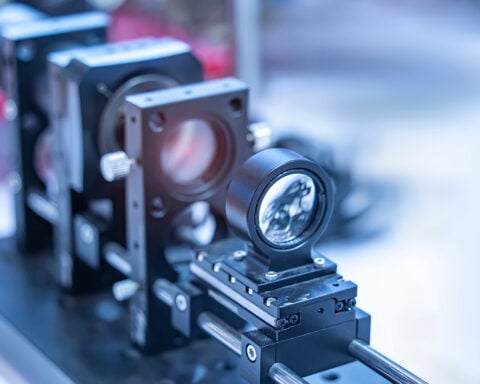A team of scientists has developed a groundbreaking robotic “smart hand” that could revolutionize the rehabilitation process for stroke survivors aiming to regain their musical skills. By combining lightweight materials, customizable design, and cutting-edge machine learning technology, the robotic glove assists musicians in relearning complex manual tasks after neurotrauma, offering a ray of hope to those seeking to reclaim their passion for music.
Innovative Robotic Glove Aids Stroke Recovery and Musical Rehabilitation
Stroke survivors often struggle with recovering language and motor functions, and musicians face unique challenges in regaining their instrumental skills. The development of a lightweight and flexible robotic glove by a team of researchers led by Dr. Maohua Lin offers a remarkable solution. Equipped with tactile sensors, soft actuators, and artificial intelligence, this glove aims to assist stroke survivors in reclaiming their musical abilities.
Enhanced Dexterity and Realistic Sensations for Effective Rehabilitation
Weighing just 191 grams (7 ounces), the robotic glove stands out for its integrated components and easy 3D printing production. Featuring pneumatic actuators in each fingertip and 16 sensors for tactile sensations, the glove closely mimics the movements and touch sensations of a human hand. Stroke survivors can wear a pair of gloves, facilitating independent coordination and dexterity recovery in each hand. The glove amplifies natural hand movements, provides guidance and support, and empowers users to regain control and enhance their dexterity.
Training and Future Applications
Through machine learning algorithms, the researchers successfully trained the robotic glove to distinguish between correct and incorrect piano playing—a groundbreaking achievement. This capability opens the door for personalized feedback and improvement over time. Moreover, the potential of the robotic glove extends beyond music. By customizing the design for other rehabilitation tasks, such as object manipulation, personalized recovery programs can be enhanced. The researchers envision using 3D scanning or CT scans for optimal customization. With over 795,000 stroke cases in the US annually, the glove holds immense potential to positively impact the lives of stroke survivors and a broader population.
Empowering Stroke Survivors and Revolutionizing Rehabilitation
The development of a robotic hand capable of assisting stroke survivors in relearning their musical skills represents a significant leap forward in rehabilitation technology. With its lightweight design, tactile feedback, and machine learning capabilities, the innovative robotic glove offers hope and motivation to stroke survivors seeking to rediscover their passion for music. As researchers continue to refine and expand its applications, this technology may not only transform the lives of stroke survivors but also revolutionize rehabilitation across various domains.







